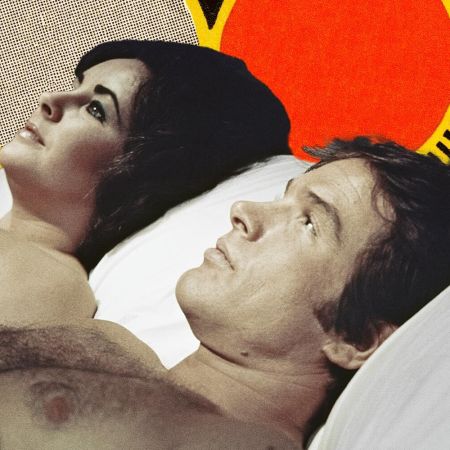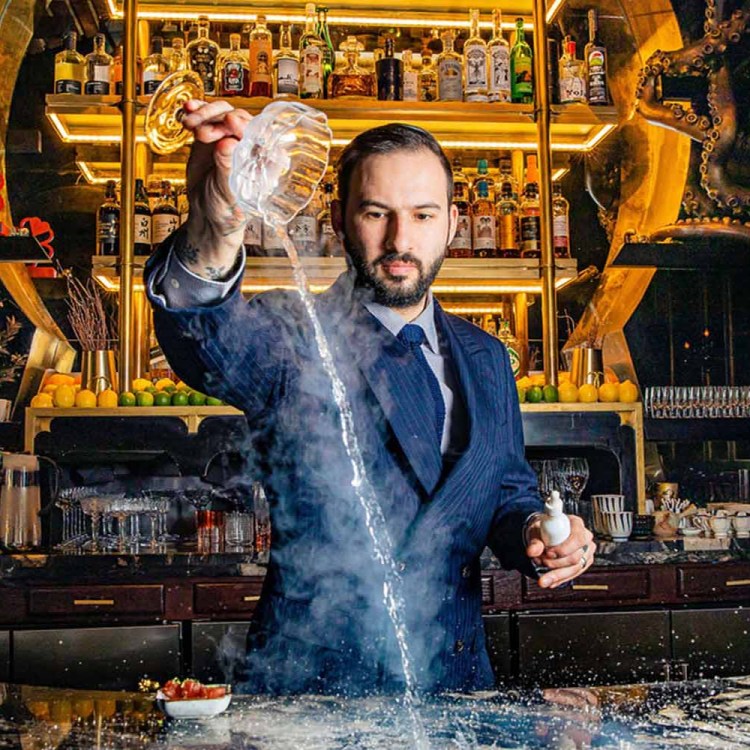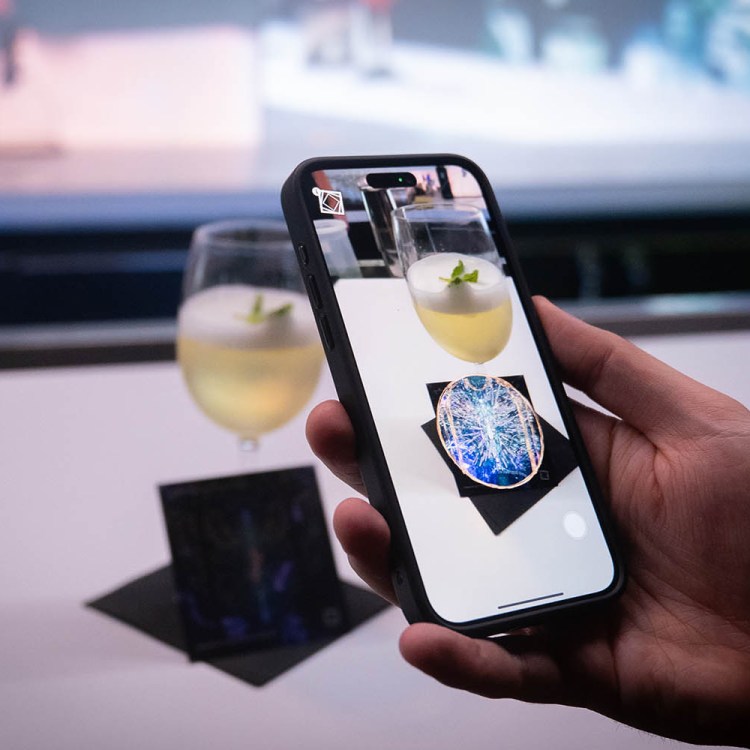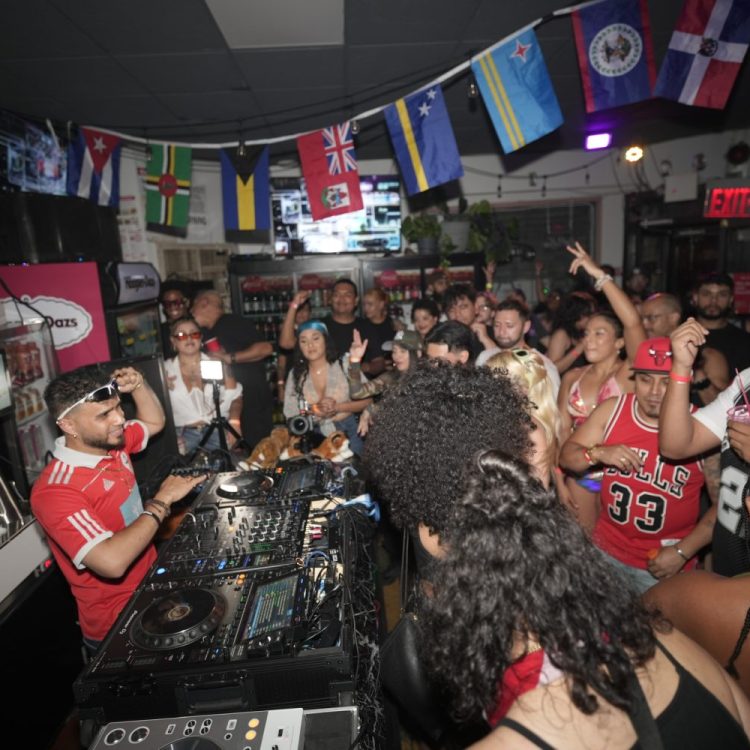“We’re seeing a relationship shrink.”
Comes with a negative connotation, no? Not anymore.
Because The V. Club — Europe’s foremost masterclass hub for all things sex and relationships — is opening a new Chelsea locale.
Classes are impartial, educational and intimate (as in small … not touchy-touchy).
We sat with co-founder Courtney Cleman to get the inside scoop.
InsideHook: What is The V. Club all about?
Courtney Cleman: We aim to help people achieve more happiness in their personal and corporate lives. Because what makes people happy isn’t how you look, and it isn’t your brains. It’s how people feel about themselves and how they present themselves. So we create classes that deal with relationship psychology and sexual physiology.
IH: Are there other classes like this in NYC?
CC: Not really. There are one-off classes in a comfortable, dedicated space. There are some, for instance, that take place in adult stores. But a lot of people are uncomfortable with crossing that threshold … We want to create something that is open and approachable to everyone, whether you’re young and dating, trying to keep the spark alive while you’re raising children, or you’re 50 or 60 and you’re dealing with health-related issues.
IH: What are the classes on offer?
CC: We’re going to launch with three classes, and long-term will have 15+ classes. The first class will be women for women on the psychology and physiology of how to achieve a vaginal orgasm. It isn’t something that most women experience, but it makes the connection with your partner more robust. The second class in the first wave is a class for women about male physiology and how men’s brains work in the sexual landscape: there are a lot of myths and confusion about how men’s bodies work in the bedroom, and men are not great at explaining what to do. And the third class is about how a couple functions together in their relationship and in intimacy. For that class, we want couples to come in together.
IH: What are couples troubleshooting when they come in to your class?
CC: One of the bigger things is a lack of intimacy or decline as time passes. Most people don’t understand why it happens and how it is preventable. It helps to come into class as a couple and understand each other. The main thing people don’t know is that women lose interest in sex long-term more than a guy does. Most people would think it’s the other way around. But women have — the longer they are in a relationship — less and less of an ability to achieve orgasm. We teach couples how to correct it and/or prevent that. And then there are fun things like understanding how to turn each other on and also, beyond the bedroom, how to get along better and stay connected.
IH: Can you explain the class format?
CC: People will sign up online and come to the event space. It’s a relaxing, immersive experience. You can talk to the administrator about why you’re there, or your concerns. It’s a classroom setting: There’s no nudity. There’s no touching yourself, your partner or others. Classes are small, with 16 people total per class and for the price of what you would pay for an hour of SoulCycle. We cover a ton of information. But it’s also a forum for people to ask questions. And you can always talk to instructors after class if your issue wasn’t addressed.
IH: So am I going to be sitting through a semester of sex ed here?
CC: No! Our classes are designed to be one-offs. Some classes run for up to four hours. But it’s not a semester. It’s maybe two hours one day and two hours the next week. We’re all New Yorkers. We don’t have time. We want the information. We want to walk away with it, efficiently, and improve our lives.
IH: What classes do you plan to offer moving forward?
CC: We are going to open a class in the second wave for people over 55. The physical problems that happen with sexual intimacy, but we’ll also address the emotional aspect. Say the kids have left — the nuances become fascinating. A lot of people divorce around that time. But we’ll explore how to transition into that new level and address those issues.
IH: Will there be classes just for men?
CC: Yes, in the second wave there will also be a class for men about women, addressing women’s physiology and how women’s minds work. I think all men should take that class. It’s not “Here’s a vagina, here’s a clitoris”; it goes way beyond that.
IH: What advice would you give for those who have hesitations — or have partners who have hesitations — about attending a class?
CC: You should be as nervous to come here as to go to a cooking school. It’s a completely relaxed, professional environment to discover sex and relationships. All I can do is promise people you’re going to learn things you should have always known about relationships, or are afraid to ask. The classes speak for themselves. You just have to try.
In terms of how to approach a partner, one of the things we talk about is communication. Without it, it’s difficult to make it work. A way I find people bring it up is to say, “Oh, honey, I read this article about this class.” That always seems to work if one is nervous because that way it isn’t necessarily one person’s idea. It’s just a thing, an article. But I like to think people in this area are more open-minded and ready to receive more information.
IH: Are you going to offer more niche or alternative classes?
CC: We are inclusive and want to create classes for everyone. The first wave is tailored towards heterosexual couples. In the second wave, we will create a dialogue around gay couples. It’s as simple as dialogue. In terms of polyamory, BDSM and kink, we’re not going to cover it in the first wave. We will first work with women, hetero couples, a class for men, and moms.
Moving forward, we will expand and include classes for alternative lifestyles and also classes for things that people are very interested in but might be nervous to explore. For example, prostate stimulation and anal sex: it’s actually quite mainstream, but there are a lot of myths about how to do it. You can get hurt if you do it wrong. So, we’ll have a core offering first and then build off of that.
IH: Are you going to offer continued education or resources for people who want more?
CC: We do have resources on the website and we’re going to add to that. They are resources that we have vetted and believe in if someone wants to continue with a group or more intimate and advanced therapy. We also want to create a forum where people could come in to share things that they’ve learned or that have worked for them.
Any day a relationship isn’t going well is a bad day. And unlike therapy, we’re solution oriented. We’re here to help people change today.
Whether you’re looking to get into shape, or just get out of a funk, The Charge has got you covered. Sign up for our new wellness newsletter today.






















